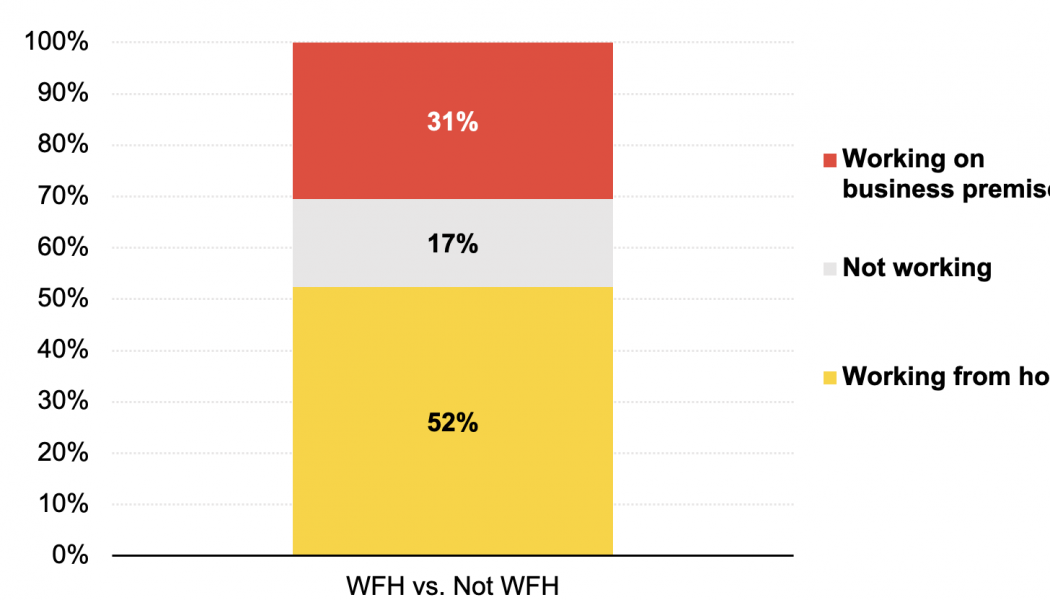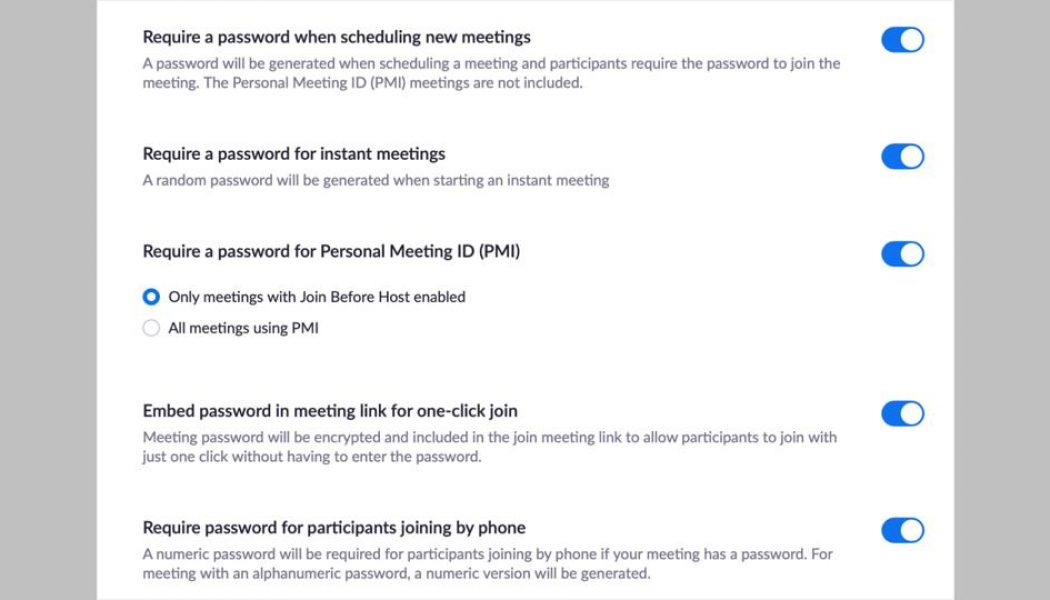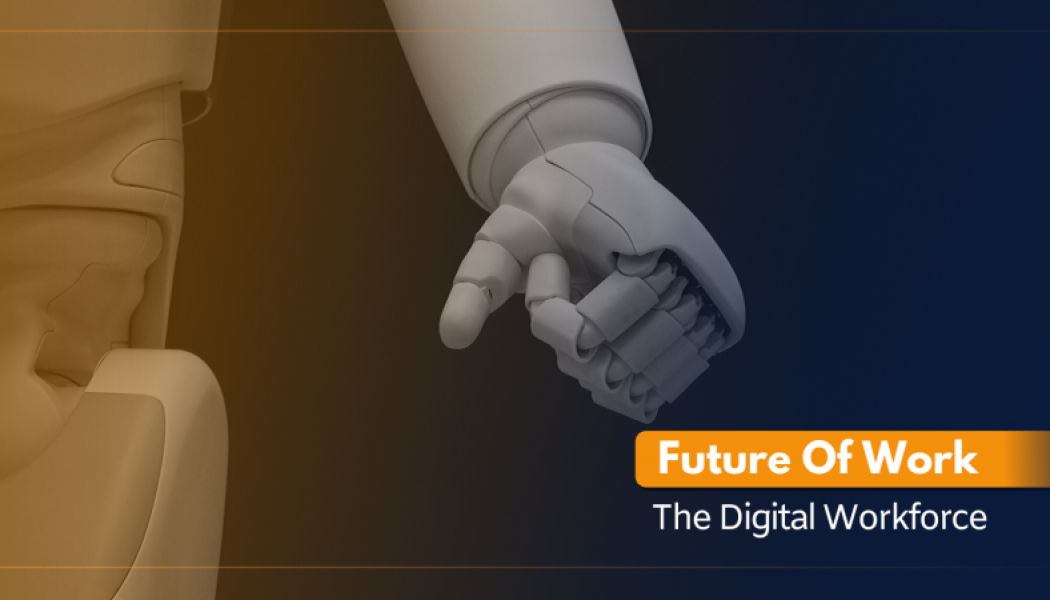Future of Work
Over 80% of Businesses Expect to Work Remotely, According to Research
One year after the global remote work revolution, the shift to work from home (WFH) and work from anywhere (WFA) is already resulting in profound effects on businesses’ digital transformation as well as data security concerns. According to Lenovo’s new Future of Work and Digital Transformation study, a vast majority of businesses (83%) expect to work remote at least half the time, whereas 60% of employees not only agree but are happy to do so. Most employees (83%) want a hybrid work model post-COVID, which businesses say are more than happy to accommodate because they know it’s a way to drive employee engagement and attract new talent. Enabling remote work has meant a change in digital adoption, with increased usage of personal devices for work; wider adoption of collaboration cloud and so...
The Future of Work – Becoming a Digital Workforce
Sourced from HCAMag.com The future of work has always been a popular topic for discussion, especially among HR and payroll practitioners. However, the current COVID-19 pandemic and the resultant lockdown many countries have experienced are fast-tracking discussions towards more practical interventions to prepare the workforce for what will be the new normal. “Even though many aspects of the Fourth Industrial Revolution (4IR) and the digitalisation of workforces have been theoretical, the impact of the global COVID-19 pandemic has forced management to rethink their approaches to employees and how they use technology to not only improve productivity but reinvent traditional processes,” says Ian McAlister, GM at CRS Technologies. More than just technology Consider artificial intelligence (AI)...









